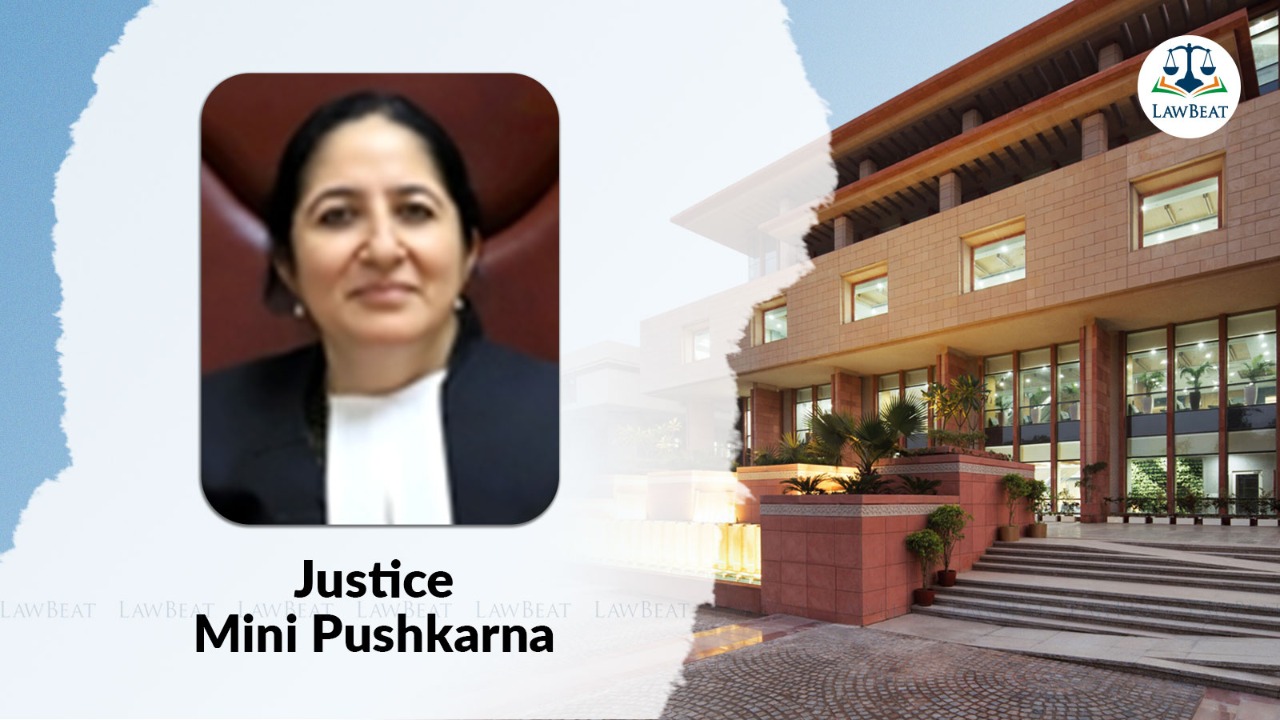Denial of admission under EWS/DG category violates fundamental rights of children; undermines object of RTE Act: Delhi HC

The Delhi High Court allowed a writ petition seeking direction to give admission under EWS/DG category to a child.
The Delhi High Court last week allowed the writ petition and directed a school to give admission to the petitioner child under Economically Weaker Section (EWS)/Disadvantaged Group (DG) category based on the report of the Directorate of Education (DOE).
The single judge bench of Justice Mini Pushkarna said, “Denial of admission by a school under the EWS/DG category even after allotment of school by DOE, frustrates the noble objective of the RTE Act, 2009. It violates the fundamental rights of children belonging to EWS/DG category, as enshrined under Article 21-A of the Constitution, as also undermining the object of the RTE Act, 2009.”
The petition was filed by one Arth Lakra (Minor) against the denial of his admission under the EWS/DG category by Indraprastha World School. On June 01, 2022 the court had passed an interim direction by virtue of which, Arth was given admission in the school. While granting interim admission, court had directed an enquiry to be conducted by the Directorate of Education (DOE) on the objection raised by school that petitioner was not staying at the given address within one kilometre form the school.
The counsel for petitioner argued that the address mentioned in the Aadhar Card of petitioner’s father was within one kilometre. However, the counsel for respondent relied on the address mentioned in OBC certificate of the petitioner child which was not in that range. The DOE enquiry was carried out by the Vice Principal of a local Government School and as per that report, Arth was staying with his family on the address as was mentioned in the Aadhar Card.
The court while allowing the admission said that OBC/SC/ST certificates are never considered as proof of residence and relied on the report submitted by DOE. “The DOE is a statutory authority having supervisory jurisdiction over schools recognised by it. There is prima facie nothing on record to doubt the veracity of the exercise carried out by the DOE,” the court observed.
Court also noted that under the DG category, income is not the criteria but the only criteria is whether the child belongs to any schedule caste/ schedule tribe/ other backward classes. “If this Court is to doubt the genuineness of the exercise of scrutiny and investigation carried out by the DOE as regards the residence of children on the basis of such objections as raised by the school, then many children would be deprived of admission under the EWS/DG category. This would defeat the very purpose of the provisions of The Right of Children to Free and Compulsory Education Act, 2009 (RTE, 2009),” the court observed while allowing Arth to study in Indraprastha World School.
Case Title: Arth Lakra (Minor) vs. Indraprastha World School
